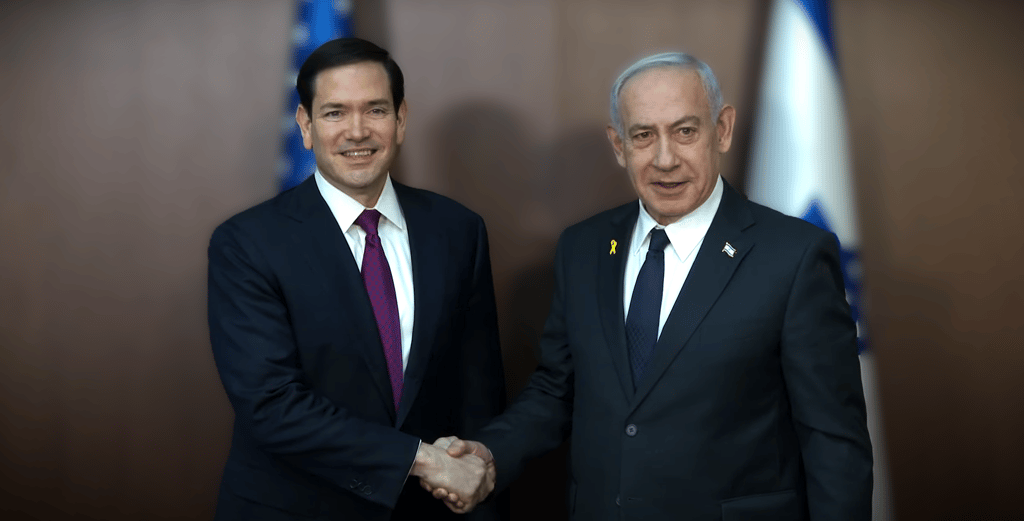Marco Rubio in Israel: Urgent Diplomacy Amid Gaza War and Gulf Tensions – 15 September 2025
On 15 Sept 2025, U.S. Secretary of State Marco Rubio met Netanyahu in Jerusalem amid Gaza war, Doha airstrike fallout, and Gulf diplomatic tension
Raja Awais Ali
9/15/20252 min read


Marco Rubio in Israel: Urgent Diplomacy Amid Gaza War and Gulf Tensions
On 15 September 2025, U.S. Secretary of State Marco Rubio arrived in Jerusalem for high-level talks with Israeli Prime Minister Benjamin Netanyahu. The visit came as Gaza violence escalated and a surprise Israeli airstrike in Doha, Qatar—aimed at Hamas negotiators—shook Gulf security and complicated American diplomacy.
During the meeting, Rubio reaffirmed Washington’s commitment to Israel’s security but acknowledged U.S. concerns over the Qatar strike. Netanyahu thanked the United States for its continued support, calling the alliance essential as Israel “faces terror and regional threats.” The two leaders discussed possible cease-fire parameters and humanitarian corridors for civilians trapped in Gaza.
The timing of the visit was critical. Only hours earlier, Arab and Islamic leaders convened an emergency summit in Doha to debate a unified response to the Israeli action. Analysts note that potential outcomes range from coordinated diplomatic pressure to economic measures that could influence global energy markets.
Inside Gaza, the humanitarian crisis deepened. Ongoing Israeli air and ground operations have killed dozens of civilians and injured hundreds more. Residential buildings lie in ruins, electricity and clean water remain scarce, and thousands are displaced. International relief agencies continue to urge immediate pauses in fighting to allow aid deliveries and medical evacuations.
Rubio’s mission will not end in Israel. He is expected to travel to Qatar to meet regional counterparts and attempt to limit the rift between Washington and its Gulf allies. U.S. officials fear that if Arab nations adopt joint economic sanctions or oil-production measures, global energy prices could spike sharply.
European governments are also monitoring the situation closely. With tensions already high due to drone incursions into NATO airspace in Eastern Europe, any wider Middle-East escalation could ripple through global markets and security alliances.
The 15 September events underscore the delicate balance of today’s geopolitics. The United States must maintain its long-standing partnership with Israel while simultaneously preserving crucial relationships with Gulf states. For Israel, military objectives must be weighed against the diplomatic cost of alienating key neighbors and provoking broader regional instability.
As the conflict continues, the international community faces a familiar but urgent challenge: moving beyond statements to actionable diplomacy. Only sustained negotiation, backed by humanitarian commitments and careful management of economic repercussions, can prevent the crisis from spiraling further.
Stay informed with the latest national and international news.
© 2025. All rights reserved.